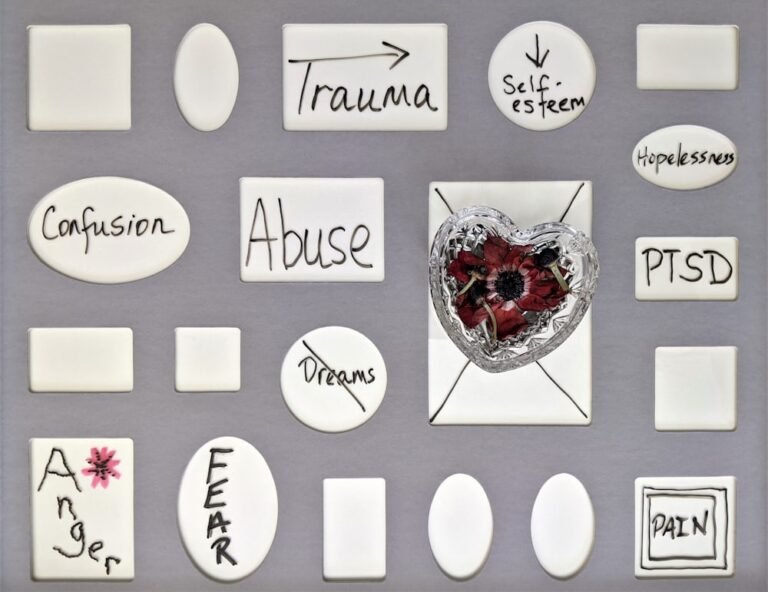Substance abuse is a pervasive issue that affects individuals, families, and communities worldwide. Understanding the different types of substance abuse is crucial for identifying, preventing, and treating this complex problem. This blog post will delve into the various types of substance abuse, exploring their characteristics, effects, and the importance of seeking help.
Alcohol Abuse
Alcohol is one of the most commonly abused substances globally. While moderate alcohol consumption is socially acceptable in many cultures, excessive and chronic use can lead to severe health issues, including liver disease, cardiovascular problems, and mental health disorders.
Signs and Symptoms:
- Increased tolerance and consumption over time
- Withdrawal symptoms such as tremors, sweating, and anxiety
- Neglect of responsibilities and relationships
- Risky behaviors, such as drunk driving
Treatment Options:
- Detoxification and withdrawal management
- Behavioral therapies, such as cognitive-behavioral therapy (CBT)
- Support groups like Alcoholics Anonymous (AA)
- Medication-assisted treatment
Prescription Drug Abuse
Prescription drug abuse involves the misuse of medications prescribed by healthcare providers. This can include taking higher doses than prescribed, using someone else’s medication, or using drugs for non-medical reasons.
Commonly Abused Prescription Drugs:
- Opioids (e.g., oxycodone, hydrocodone)
- Benzodiazepines (e.g., Xanax, Valium)
- Stimulants (e.g., Adderall, Ritalin)
Consequences:
- Addiction and physical dependence
- Overdose and death
- Cognitive impairments and mental health issues
Prevention and Treatment:
- Education on proper medication use
- Prescription monitoring programs
- Behavioral therapies and support groups
- Medication-assisted treatment for opioid addiction
Heroin Abuse
Heroin is an illegal opioid derived from morphine. It is highly addictive and can be injected, snorted, or smoked. Heroin abuse is associated with severe health risks and a high potential for overdose.
Effects of Heroin Use:
- Euphoria and pain relief
- Respiratory depression and overdose risk
- Infectious diseases from needle sharing (e.g., HIV, hepatitis)
- Long-term cognitive and emotional impairments
Treatment Approaches:
- Detoxification under medical supervision
- Methadone or buprenorphine for maintenance therapy
- Naloxone for overdose reversal
- Comprehensive drug rehabilitation programs in Idaho
Cocaine Abuse
Cocaine is a powerful stimulant drug that can be snorted, smoked (as crack cocaine), or injected. It produces intense but short-lived euphoria, followed by a “crash” characterized by fatigue and depression.
Physical and Mental Health Impacts:
- Increased heart rate and blood pressure
- Risk of heart attack and stroke
- Anxiety, paranoia, and hallucinations
- Addiction and withdrawal symptoms
Treatment Strategies:
- Behavioral interventions, such as contingency management and CBT
- Support groups and peer support
- Addressing co-occurring mental health disorders
Methamphetamine Abuse
Methamphetamine, or meth, is a highly addictive stimulant that affects the central nervous system. It can be ingested, snorted, smoked, or injected, leading to a rapid and intense high.
Dangers of Meth Use:
- Severe dental problems (“meth mouth”)
- Extreme weight loss and malnutrition
- Skin sores from scratching
- Violent behavior and psychosis
Recovery Options:
- Behavioral therapies, particularly CBT and contingency management
- Long-term residential treatment programs
- Support groups and community-based programs
Marijuana Abuse
While marijuana is often perceived as less harmful than other substances, chronic and excessive use can lead to dependence and other health issues.
Potential Negative Effects:
- Impaired memory and learning
- Decreased motivation and academic or occupational performance
- Mental health issues, such as anxiety and depression
- Respiratory problems from smoking
Intervention Methods:
- Education and awareness programs
- Behavioral therapies
- Support groups like Marijuana Anonymous (MA)
Inhalant Abuse
Inhalant abuse involves the inhalation of household or industrial chemicals to achieve a high. This type of substance abuse is hazardous and can lead to sudden death.
Commonly Abused Inhalants:
- Solvents (e.g., paint thinners, glue)
- Aerosols (e.g., spray paint, hair spray)
- Gases (e.g., butane, nitrous oxide)
Health Risks:
- Damage to the brain, liver, and kidneys
- Sudden sniffing death syndrome
- Behavioral changes and cognitive impairments
Prevention and Treatment:
- Education on the dangers of inhalant use
- Counseling and behavioral therapies
- Support groups and community resources
In Conclusion
Understanding the different types of substance abuse is essential for addressing this widespread issue effectively. Each type of substance abuse presents unique challenges and requires tailored approaches for prevention, intervention, and treatment. If you or someone you know is struggling with substance abuse, seeking professional help is crucial. Early intervention can make a significant difference in achieving recovery and improving overall well-being.





